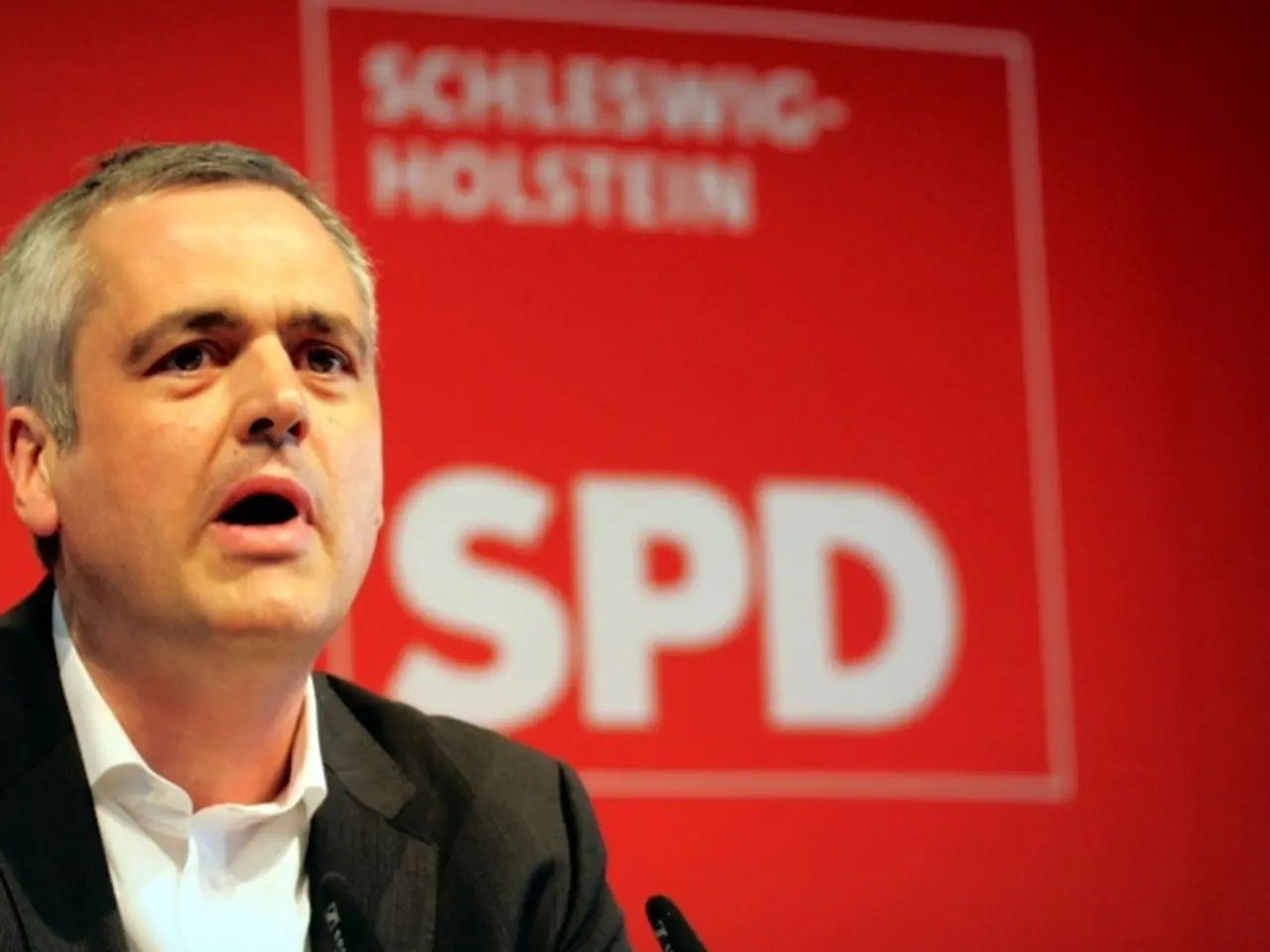Pope calls for an end to war in Ukraine and the alleviation of hunger in Gaza, urging for the release of hostages
Pope Leo XIV, currently on a summer break at Castel Gandolfo, has reiterated his commitment to resolving international conflicts through dialogue, diplomacy, and nonviolence. During a press conference upon his arrival, the Pope expressed his concerns about ongoing conflicts and emphasized the need for a peaceful resolution.
On Wednesday afternoon, the Pope greeted the many people gathered to welcome him at the gates of Villa Barberini, his residence during these days. He then proceeded to address various international issues, including the ceasefire and peace agreement in Ukraine, the humanitarian crisis and hunger in Gaza, and the release of Israeli hostages in Gaza.
The Pope's "soft diplomacy" objectives are to resolve issues that cannot be resolved through war. This approach is in line with his belief that forgiveness offers true hope and that evil must not have the last word. From the start of his pontificate, Leo XIV has made peace and the rejection of evil through love central to his message.
On August 15, Pope Leo XIV will celebrate Mass at 10:00 a.m. at the Parish of Saint Thomas of Villanova in Castel Gandolfo. Later that day, he will lead the recitation of the Angelus prayer at noon from the entrance of the Apostolic Palace in Piazza della Libertà, Castel Gandolfo.
The following day, on August 17, Pope Leo XIV will share lunch with the poor and those assisted by Caritas at Borgo Laudato si'. In the afternoon, he will celebrate Mass at 9:30 a.m. at the shrine of Santa Maria della Rotonda in Albano Laziale. At noon, he will lead the Angelus in Piazza della Libertà in Castel Gandolfo.
The Pope's appeal for peace is inspired by Saint Maximilian Maria Kolbe, the Polish Franciscan who died in the Auschwitz concentration camp. He honors those who have died due to terrorism and calls for the release of hostages in Gaza.
Pope Leo XIV's commitment to evangelization and mission includes promoting missionary conversion and dialogue with the contemporary world. He encourages political leaders to build a world rooted in justice and love of God and neighbour, envisioning a universal order where peace and freedom can thrive. This approach implies diplomatic approaches rather than violence.
Although still early in his pontificate and yet to make major policy decisions, Pope Leo XIV’s rhetoric and referenced teachings—especially those of Saint Augustine—establish a clear papal stance favoring soft power through dialogue, nonviolent engagement, and a heartfelt approach to conflict resolution on the international stage.
- During the Angelus prayer on August 17, Pope Leo XIV, at Piazza della Libertà in Castel Gandolfo, is expected to honor Saint Maximilian Maria Kolbe and appeal for the release of hostages in Gaza, further emphasizing his commitment to peace and rejection of evil.
- Despite not yet making major policy decisions, Pope Leo XIV's rhetoric and referenced teachings, such as those of Saint Augustine, already establish a clear papal stance favoring soft power through dialogue, nonviolent engagement, and diplomacy in resolving international conflicts and building a world rooted in justice and love.
- As part of his commitment to evangelization and mission, Pope Leo XIV promotes missionary conversion and dialogue with the contemporary world, encouraging political leaders to build a universal order where peace and freedom can thrive, rejecting war and conflicts as means to achieve international objectives.




